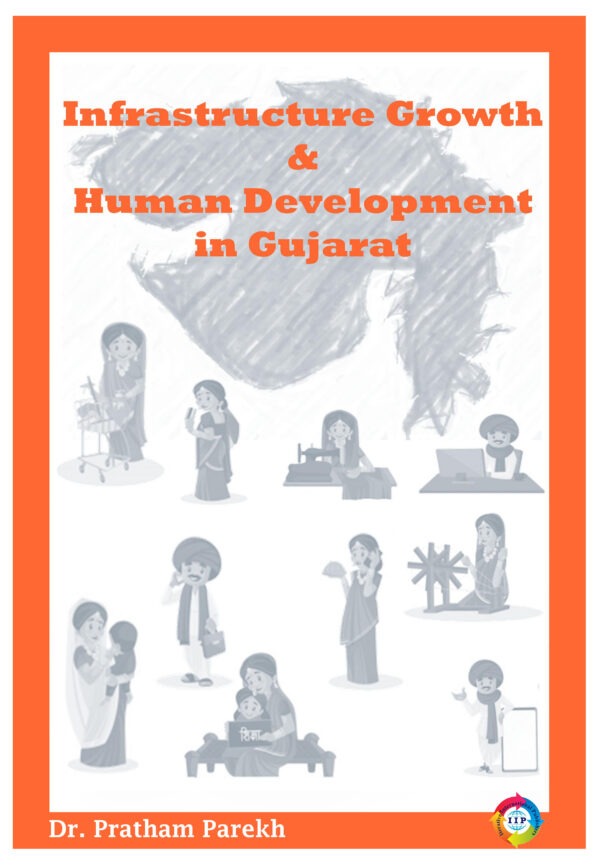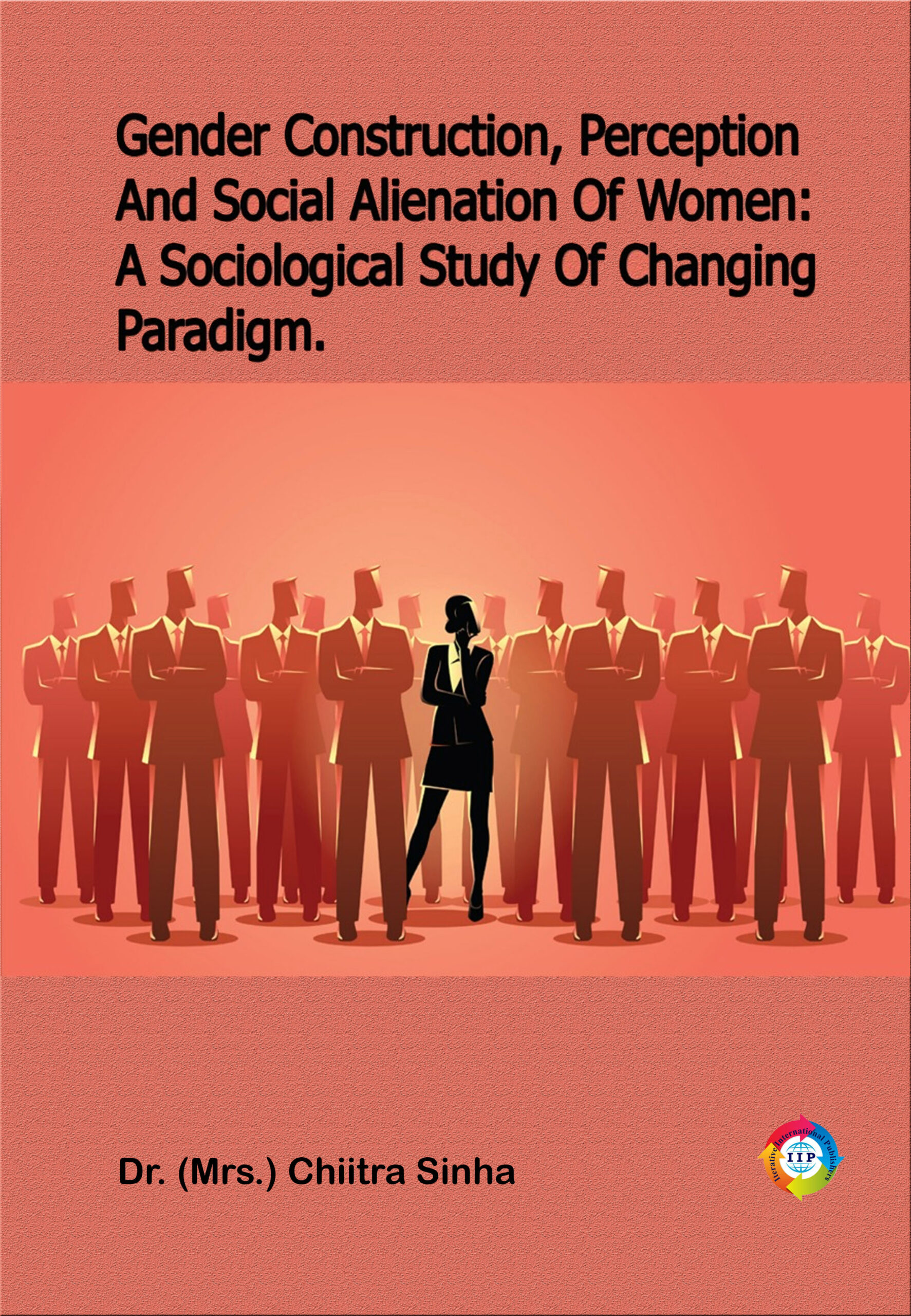The development has remained an intriguing subject matter to sociology since the inception of the discipline. Discourse about development relies on a variety of academic and extra-academic literature. Focused on policy framing, such literature propagated generally by international organizations and governments. On the other side, public sociology engages with non-academic experts or policy framers with an application of sociological perceptions. My inquiries in the book subscribe to aspects of public sociology to present normative empirical shreds of evidence of human development and its association with public policies.
Since the 90s, there was a consensus among scholars across global that there exist scarce linkages between national income and quality of life. Political willingness and public action translates national income into human well-being, poverty reduction, and narrows down social inequalities. This creates a sociological avenue to look into multidimensional and multidisciplinary nature of global, national and sub-national social issues confronted by an individual.
It is well-known that Gujarat is applauded for its economic progress and positive infrastructure development supported by political willingness, industrially driven capital inflow, and strategically managed public finance. This level of economic growth has, however, been found wanting when it comes to ushering in robust human development. For this reason, the state’s model of development has come under a lot of adverse scrutiny from various scholarly quarters. The major debate is axles on the mechanisms of translating economic growth into human development. Thus, the development paradigm of Gujarat serves as a good focal point to understand the role of economy, polity and society in influencing human well-being or human development.
I have tried to make an effort to put together, available claims, arguments, data, and perceptions to have a socio-humane perspective on development. The infrastructure growth and Human Development in Gujarat to me pose questions like how growth is translated in human development. And how developing infrastructure can lead to human development?
Findings of my inquiries provide evidence that infrastructure plays a twofold role in human development. As an enabler, it generates ecology where an individual gets the choice to choose what (s)he values. The degree of freedom to choose, i.e., accessibility to infrastructure and public service presents imprecise picture. On the other side, infrastructure growth does not address all kinds of vulnerabilities existing in society; rather it creates novel kinds of vulnerabilities. The book echoes my intriguing journey to investigate how infrastructure, which is meant to expand choices of people, are affecting the capabilities of people.
The book elucidates that the pace of growth of infrastructure in Gujarat is steady and speedy but the human development presents a slower pace of progress. Based on an analysis of public data it is clear that infrastructure plays an important role in developing an ecosystem that provides choices to an agency. However, the growth of infrastructure benefits more to economic forces rather than society. This sometimes can be assumed as a factor that creates inequalities and disparities. While on the other side, the growth of infrastructure directly affects human wellbeing and human development at large. Political economy, novel kinds of vulnerabilities, marginalization, exclusions, etc. emerging within linkages of human development and growth of infrastructure presents newer avenues for sociological research.









Reviews
There are no reviews yet.